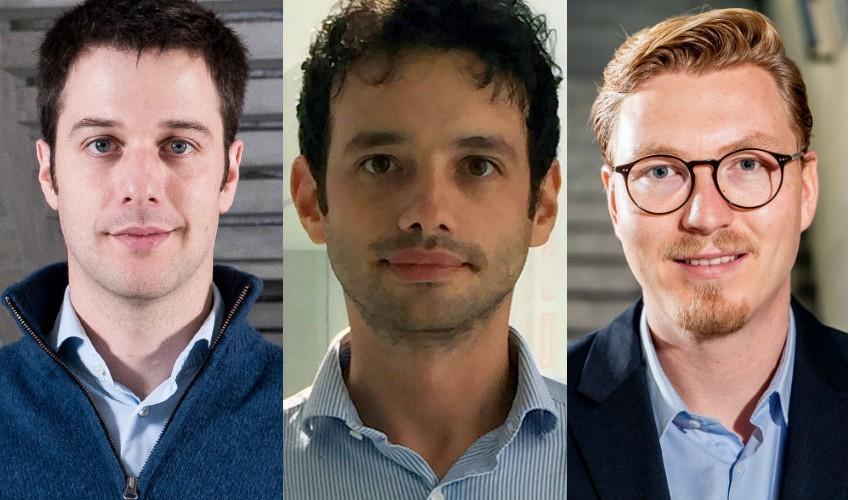
Corporate Taxation and Reduction of CO2 Emissions
SAUVAGNAT, IOVINO, AND MARTIN OBSERVED THAT CORPORATE TAXES PAID BY DIRTY INDUSTRIES ARE LOWER THAN THOSE PAID BY CLEAN ONES AND EARNED A GRANT FROM FONDATION BANQUE DE FRANCE TO INVESTIGATE FURTHERJulien Sauvagnat, Luigi Iovino, and Thorsten Martin earned a research grant from the Fondation Banque de France to study the relation between corporate taxation and carbon emissions.
We already know that negative externalities (as the damage caused by carbon emissions to the global community) are difficult to measure and to tax, but the three Bocconi scholars unveil a more striking reality. “In a preliminary analysis,” Professor Sauvagnat says, “we found that total corporate taxes paid by firms in dirty industries are on average lower than in clean industries, and we claim that this creates an implicit subsidy to CO2 emissions that could be quantitatively important for having a non-negligible impact on climate change.”
“This environmental bias associated with corporate taxation is large and holds both in the US and in other high-income countries. In our preliminary analysis, we estimate it to be equal to around $10 per ton of CO2,” says Professor Iovino. “Given the average emissions of 4,500 kilotons of CO2 for the average polluting firm in our sample, it means that the average emitter would have paid around $45mln more, in the absence of the tax subsidy.”
The research project will investigate the reasons why dirty industries are taxed less than clean ones. “We find that production technologies used by corporations in dirty industries rely more heavily on tangible assets,” Professor Martin says. “Our hypothesis – to be tested – is that these firms rely more on debt as the main instrument for financing their activities. As a result, firms in dirty industries benefit more from the tax shield associated with debt financing and pay on average lower taxes.”
Using a quantitative input-output general equilibrium model, the project aims to quantify the impact of corporate taxation on climate change and to assess how counterfactual corporate taxation systems would affect CO2 emissions and social welfare.
“This research has important policy implications for governments and central banks because it will measure the effects of corporate taxation on the environment, and it will provide policy-makers with a better understanding of the channels through which corporate taxation affects climate change,” Professor Sauvagnat concludes.
Julien Sauvagnat is Associate Professor at the Department of Finance, Luigi Iovino is Associate Professor at the Department of Economics, Thorsten Martin is Assistant Professor at the Department of Finance.
by Fabio Todesco
